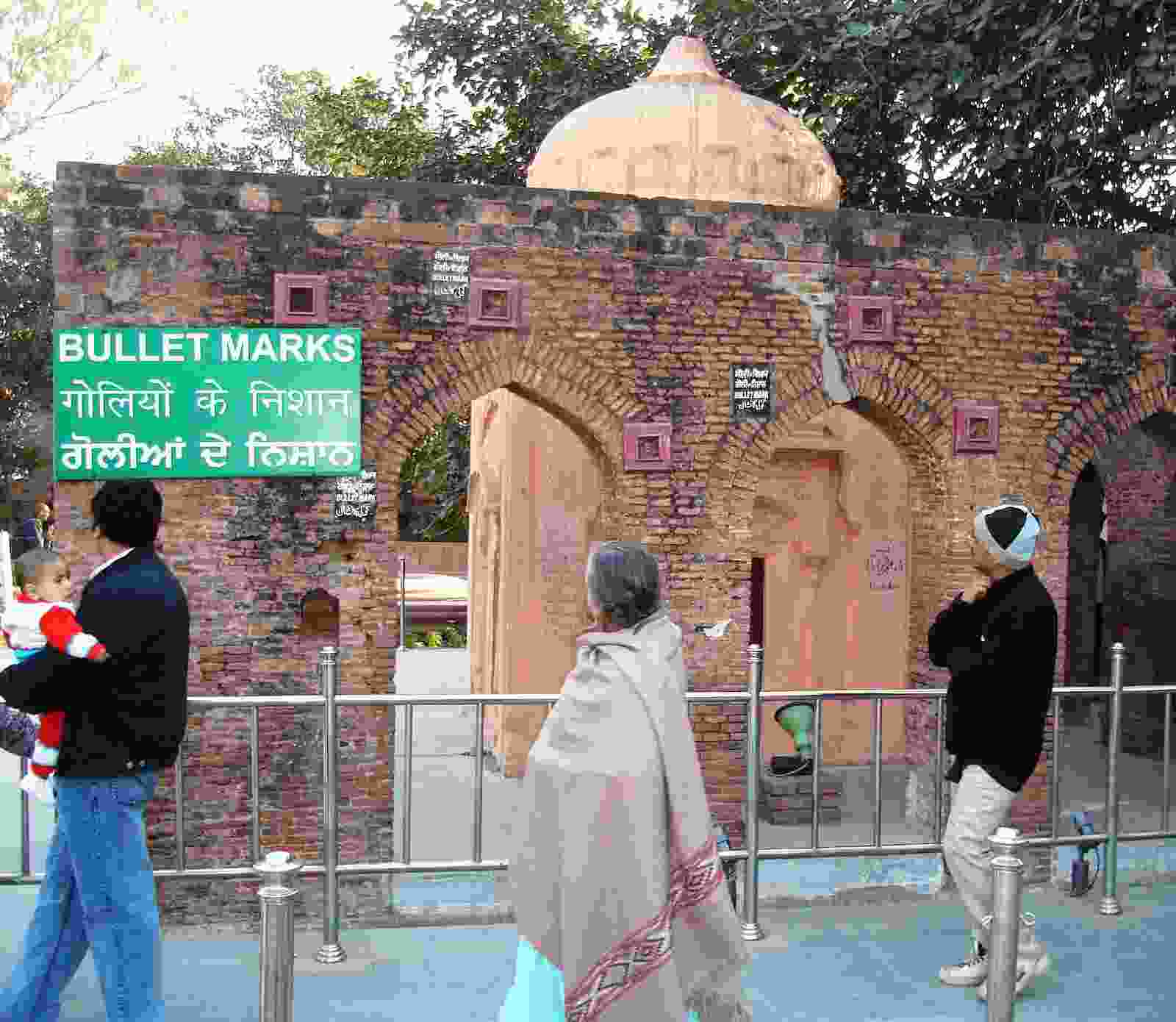Jallianwalla Bagh Massacre Thoughts In The Times Of Corona

“The unexamined life is not worth living,” uttered Socrates at his trial, for impiety and corrupting the youth, for which he was subsequently sentenced to death and drank the hemlock, as described in
his disciple Plato’s Apology; and walked away into the pages of history, but not before laying the foundation to the Western Philosophical Thought.
That part of history happened in 399 BC at Athens, exactly 2419 years ago. He left nothing written but his erudite student Plato penned it all down in his treatises for us to remember and recall. History, I surmise, is where “the present is rolled up for action, and the past is the present unrolled for understanding.”
Plenty of time in hand and curiosity to unroll the past into a new understanding, with the enterprising spirit of “…to seek out new life and new civilisations. To boldly go where no one has gone before”, has rekindled my interest to find something new to relearn every day, and thought, I could share, in keeping with the clock/calendar:
Today, April 13, is a very significant day in the culture and history of our nation. Not just as Mahabisuba Sankranti, the Odia New Year, or Baisakhi, the day of the spring festival of the sikhs or the Sikh New Year, and even elsewhere but also of the Jallianwalla Bagh Massacre.
Exactly 101 years ago (Apr 13, 1919 / Sunday), the Jallianwala Bagh incident shook the very conscience, not just of India but also of the world at large. However, we must grasp the facts first before sitting down in contemplative interpretations.
To supplement my knowledge, I have picked up two recent books: one, the much-discussed An Era Of Darkness by Shashi Tharoor and the other (written by someone I know well), Jallianwalla Bagh, 2919: The Real Story by Kishwar Desai (who is also curator of the Martyrs Gallery and Museum at Jallianwalla Bagh). The former gives an excellent perspective of the events leading to the massacre and its aftermath, with Tharoor interpreting the event in his inimitable vocabulary of sound and fury. The latter is an excellent repository of facts, occurrences of the unfolding denouma in a well-researched epistolary first-hand description. It singed my heart! If I had my ways, I would recommend a copy of this book to be placed in the hallowed precincts of every school and college library of India, to displace those many books written by our honourable historians who have sung paeans in favour of our deplorable conquerors.
Let us record some facts that go even beyond these books. Jallianwalla Bagh was/is the recorded worst action in the world ever undertaken by any authority to quell a peaceful crowd/ gathering. Of the nearly 15,000 people gathered, it is believed that more than a 1,000 people died and 1,500 were injured. 574 have been identified till date. 120 bodies were recovered from the ‘Death Well’. The next worse such action was during the ‘Soweto Uprising of June 16, 1976’ with 176 deaths (this led to the ultimate dismantling of Apartheid in South Africa).
Commanded by Brigadier-General Reginald Dyer, having been approved by the Lieutenant Governor of Punjab, Sir Michael O’ Dwyer, at 5.30pm, a troop of 50 hand-picked soldiers of Gurkha, Balooch and Jat companies fired 1650 bullets in a 10-minute mayhem from .303 Lee bolt action
rifles (we all have used it in our NCC Camp firing days with much discomfort but of lethal effects), till they ran out of ammunition; while two personnel carriers with mounted machine guns stood by
blocking the two narrow entrances (while the three others were locked), since they could not enter the narrow lanes (can’t say ‘Thank God’) . The people were left dying, without medical help or water with a curfew imposed immediately after the massacre and martial law the next day.
Tagore returned his knighthood in disgust, with a scathing letter to the British Monarch and Lala Lajpat Rai vowed to throw the British out in an open letter to the Viceroy. Mahatma Gandhi, who had recently returned to India, consolidated efforts to call for the Non-Cooperation Movement. The Nation came off age!
Later, Dyer showed no repentance for his actions, though exonerated, was sent on retirement, and returned to England a hero with a handsome pension and a rich purse of collected money as a reward. He died on July 24, 1947, in England, a much-contented man.
The man, who masterminded and gave his seal of approval for the massacre, O’Dwyer, was assassinated by Shaheed Udham Singh (who himself was injured at Jallianwalla Bagh but survived), on March 13, 1940, at Caxton Hall, London. The story of that episode is fit for another tale of valour and sacrifice, arguably no less than Shaheed Bhagat Singh.
Jallianwalla Bagh remains as an indelible and phosphorescent mark in the annals of our struggle for freedom and for those innocent and many unknown participating martyrs of that fateful Baisakhi Day, 101 years back. It should form a learning lesson in our history curriculum, displacing the many eulogies that our honourable historians have inadvertently ‘endowed’ us with, with much unwillingness. Jallianwalla Bagh gives me goose bumps!
Let us not forget to remember those ten minutes when the Gods above must have paused with shame for the action unleashed below in their familiar habitats.
“Without error there could be no Truth.”
(The author is a retired naval aviator)

Comments are closed.